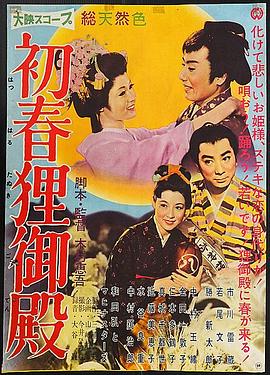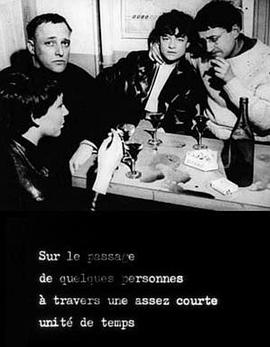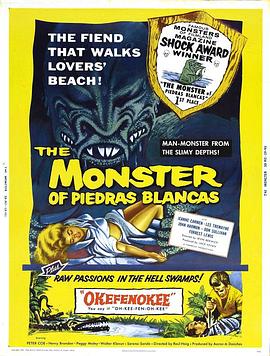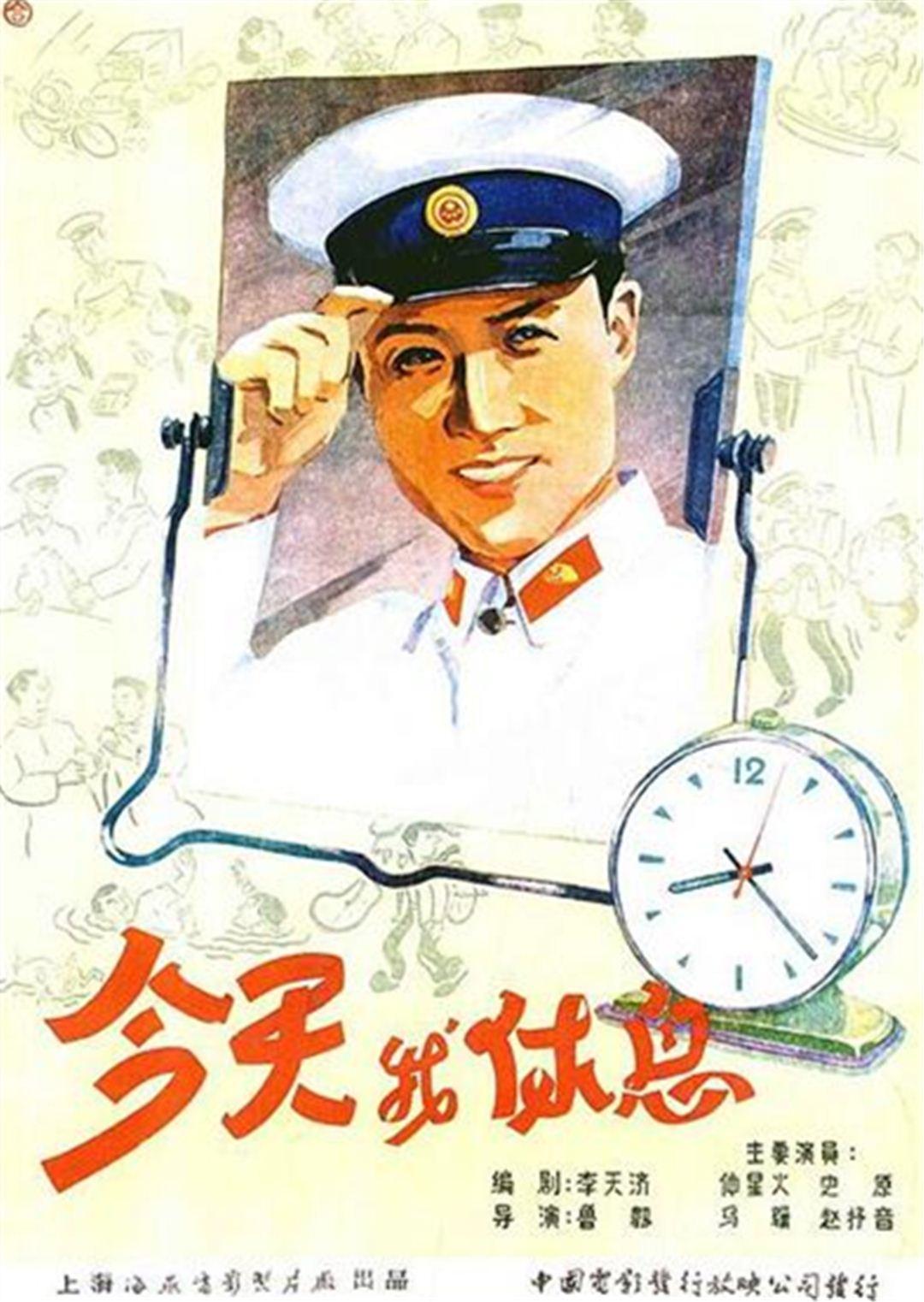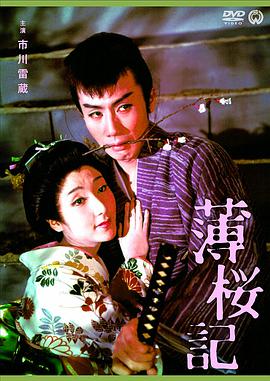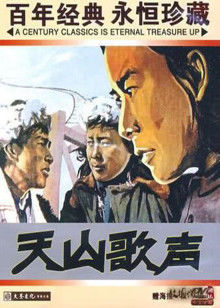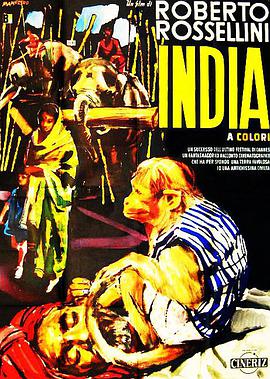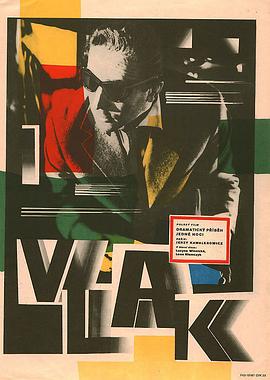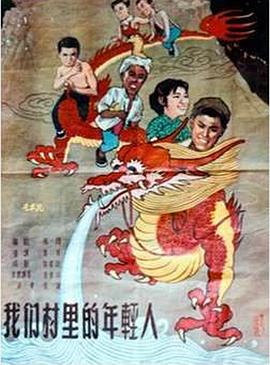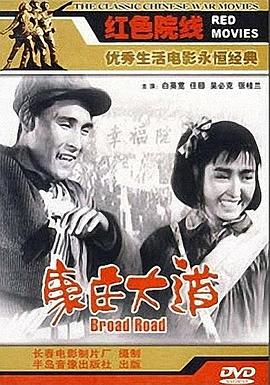-
备注:已完结
类型:剧情片
主演:未知
导演:居伊·德波
语言:法语
年代:未知
简介:Voice 1 (male professional announcer type) This neighborhood(1) was made for the wretched dignity of the petty bourgeoisie, for respectable occupations and intellectual tourism. The sedentary population of the upper floors was sheltered from the influences of the street. This neighborhood has remained the same. It was the strange setting of our story, where a systematic questioning of all the diversions and works of a society, a total critique of its idea of happiness, was expressed in acts. These people also scorned subjective profundity. They were interested in nothing but an adequate and concrete expression of themselves. Voice 2 (Debord, monotone) Human beings are not fully conscious of their real life - usually groping in the dark; overwhelmed by the consequences of their acts; at every moment groups and individuals find themselves confronted with results they have not wished. Voice 1 They said that oblivion was their ruling passion. They wanted to reinvent everything each day; to become the masters and possessors of their own lives. Just as one does not judge a man according to the conception he has of himself, one cannot judge such periods of transition according to their own consciousness; on the contrary, one must explain the consciousness through the contradictions of material life, through the conflict between social conditions and the forces of social production. The progress achieved in the domination of nature was not yet matched by a corresponding liberation of everyday life. Youth passed away among the various controls of resignation. Our camera has captured for you a few aspects of a provisional microsociety. The knowledge of empirical facts remains abstract and superficial as long as it is not concretized by its integration into the whole ” which alone permits the supersession of partial and abstract problems so as to arrive at their concrete essence, and implicitly at their meaning. This group was on the margins of the economy. It tended toward a role of pure consumption, and first of all the free consumption of its time. It thus found itself directly engaged in qualitative variations of everyday life but deprived of any means to intervene in them. The group ranged over a very small area. The same times brought them back to the same places. No one went to bed early. Discussion on the meaning of all this continued... Voice 2 Our life is a journey ” In the winter and the night. ” We seek our passage...� Voice 1 The abandoned literature nevertheless exerted a delaying action on new affective formulations. Voice 2 There was the fatigue and the cold of the morning in this much-traversed labyrinth, like an enigma that we had to resolve. It was a looking-glass reality through which we had to discover the potential richness of reality. On the bank of the river evening began once again; and caresses; and the importance of a world without importance. Just as the eyes have a blurred vision of many things and can see only one clearly, so the will can strive only incompletely toward diverse objects and can completely love only one at a time. Voice 3 (young girl) No one counted on the future. It would never be possible to be together later, or anywhere else. There would never be a greater freedom. Voice 1 The refusal of time and of growing old automatically limited encounters in this narrow, contingent zone, where what was lacking was felt as irreparable. The extreme precariousness of the means of getting by without working was at the root of this impatience which made excesses necessary and breaks definitive. Voice 2 One never really contests an organization of existence without contesting all of that organization's forms of language. Voice 1 When freedom is practiced in a closed circle, it fades into a dream, becomes a mere representation of itself. The ambiance of play is by nature unstable. At any moment ordinary life� can prevail once again. The geographical limitation of play is even more striking than its temporal limitation. Any game takes place within the contours of its spatial domain. Around the neighborhood, around its fleeting and threatened immobility, stretched a half-known city where people met only by chance, losing their way forever. The girls who found their way there, because they were legally under the control of their families until the age of eighteen, were often recaptured by the defenders of that detestable institution. They were generally confined under the guard of those creatures who among all the bad products of a bad society are the most ugly and repugnant nuns. What usually makes documentaries so easy to understand is the arbitrary limitation of their subject matter. They describe the atomization of social functions and the isolation of their products. One can, in contrast, envisage the entire complexity of a moment which is not resolved into a work, a moment whose movement indissolubly contains facts and values and whose meaning does not yet appear. The subject matter of the documentary would then be this confused totality. Voice 2 The era had arrived at a level of knowledge and technical means that made possible, and increasingly necessary, a direct construction of all aspects of a liberated affective and practical existence. The appearance of these superior means of action, still unused because of the delays in the project of liquidating the commodity economy, had already condemned aesthetic activity, whose ambitions and powers were both outdated. The decay of art and of all the values of former mores had formed our sociological background. The ruling class's monopoly over the instruments we needed to control in order to realize the collective art of our time had excluded us from a cultural production officially devoted to illustrating and repeating the past. An art film on this generation can only be a film on its absence of real creations. Everyone unthinkingly followed the paths learned once and for all, to their work and their home, to their predictable future. For them duty had already become a habit, and habit a duty. They did not see the deficiency of their city. They thought the deficiency of their life was natural. We wanted to break out of this conditioning, in quest of another use of the urban landscape, in quest of new passions. The atmosphere of a few places gave us intimations of the future powers of an architecture it would be necessary to create to be the support and framework for less mediocre games. We could expect nothing of anything we had not ourselves altered. The urban environment proclaimed the orders and tastes of the ruling society just as violently as the newspapers. It is man who makes the unity of the world, but man has extended himself everywhere. People can see nothing around them that is not their own image; everything speaks to them of themselves. Their very landscape is alive. There were obstacles everywhere. There was a cohesion in the obstacles of all types. They maintained the coherent reign of poverty. Everything being connected, it was necessary to change everything by a unitary struggle, or nothing. It was necessary to link up with the masses, but we were surrounded by sleep. Voice 3 The dictatorship of the proletariat is a desperate struggle, bloody and bloodless, violent and peaceful, military and economic, educational and administrative, against the forces and traditions of the old world. Voice 1 In this country it is once again the men of order who have rebelled. They have reinforced their power. They have been able to aggravate the grotesqueness of the ruling conditions according to their will. They have embellished their system with the funereal ceremonies of the past. Voice 2 Years, like a single instant prolonged to this point, come to an end. Voice 1 What was directly lived reappears frozen in the distance, fit into the tastes and illusions of an era, carried away with it. Voice 2 The appearance of events that we have not made, that others have made against us, now obliges us to be aware of the passage of time, its results, the transformation of our own desires into events. What differentiates the past from the present is precisely its out-of-reach objectivity; there is no more should-be; being is so consumed that it has ceased to exist. The details are already lost in the dust of time. Who was afraid of life, afraid of the night, afraid of being taken, afraid of being kept Voice 3 What should be abolished continues, and we continue to wear away with it. We are engulfed. We are separated. The years pass and we haven't changed anything. Voice 2 Once again morning in the same streets. Once again the fatigue of so many similarly passed nights. It is a walk that has lasted a long time. Voice 1 Really hard to drink more. Voice 2 Of course one might make a film of it. But even if such a film succeeds in being as fundamentally disconnected and unsatisfying as the reality it deals with, it will never be more than a re-creation ” poor and false like this botched traveling shot. Voice 3 There are now people who pride themselves on being authors of films, as others were authors of novels. They are even more backward than the novelists because they are unaware of the decomposition and exhaustion of individual expression in our time, ignorant of the end of the arts of passivity. They are praised for their sincerity since they dramatize, with more personal depth, the conventions of which their life consists. There is talk of the liberation of the cinema. But what does it matter to us if one more art is liberated through which Tom, Dick or Harry can joyously express their slavish sentiments The only interesting venture is the liberation of everyday life, not only in the perspectives of history but for us and right away. This entails the withering away of alienated forms of communication. The cinema, too, has to be destroyed. Voice 2 In the final analysis, stars are created by the need we have for them, and not by their talent or lack of talent or even by the film industry or advertising. Miserable need, dismal, anonymous life that would like to expand itself to the dimensions of cinema life. The imaginary life on the screen is the product of this real need. The star is the projection of this need. The images of the advertisements during the intermissions are more suited than any others for evoking an intermission of life. To really describe this era it would no doubt be necessary to show many other things. But what would be the point Better to grasp the totality of what has been done and what remains to be done than to add more ruins to the old world of the spectacle and of memories. 1. This film, which evokes the lettrist experiences at the origin of the situationist movement, opens with shots of the Paris district frequented by the lettrists in the early 1950s.
-
备注:已完结
类型:科幻片
语言:英语
年代:未知
简介:The monster, which looks like a nastier version of The Creature from the Black Lagoon, invades a sleepy lighthouse town. The superstitious lighthouse keeper is worried for the safety of his beautiful teenage daughter, so he leaves food for the monster, who dwells in a nearby cave. When bodies wash up ashore, the locals take notice.
-
备注:已完结
类型:动作片
导演:森一生
语言:日语
年代:未知
简介: 有名な高田の馬場の決闘、伯父の助太刀に向う中村安兵衛とすれ違った旗本丹下典膳は安兵衛の襷がほどけているのに気づき、注意しようと決闘の場に向う。しかし、相手が同門の知心流の武士であることを知り、その場を立ち去った。だが、後日同士を見捨てたことをとがめられた典膳は知心流を破門される。一方決闘で名を上げた安兵衛はあちこちから任官の誘いがあるが、安兵衛の想いは上杉家の娘千春にあった… 「忠臣蔵」のサイドストーリーとして書かれた五味康祐の小説の映画化。有名な高田の馬場の決闘と四十七士の討ち入りのあいだの中村安兵衛を描くという面白い作品。同時に徹底的にメロドラマでもあり、時代劇の面白さをすべて詰め込んだという感じ。
-
备注:已完结
类型:剧情片
主演:卢茜娜·温尼斯卡 莱昂·涅姆奇克 Teresa Szmigielówn
导演:耶尔齐·卡瓦莱罗维奇
语言:波兰语
年代:未知
简介:去年過世的波蘭導演耶吉?卡瓦萊洛威茲,是「Polish Film School運動」中的代表人物之一。其作品擅長以影像呈現細膩的細節,累積給予觀者強烈的震撼力。議題圍繞個人在社會備受政治或戰爭壓迫下,人性的掙扎與道德的選擇。這些深具豐富意涵的創作文本,也讓他的作品深受影壇重視。1951年拍攝首部劇情長片《The Village Mill》,隨後完成《Shadow》(1956) ,以及本片《夜車》,這些影片都被視為相當具時代代表性的波蘭電影。卡瓦萊洛威茲亦曾主掌知名的KADR 製作部門,安德烈華依達、塔都茲考威克(Tadeusz Konwicki) 和尤利斯馬休斯基(Juliusz Machulski)都曾在其製作部門工作。他最為人所熟知的影片莫過於1961年的《修女約安娜》,以及1966年改編自Boles?aw Prus的歷史小說《Pharaoh》,...
-
备注:已完结
类型:剧情片
导演:苏里
语言:国语
年代:未知
简介:高占武(李亚林 饰)和曹茂林(梁音 饰)不忍看见家乡饱受缺水之苦,提议劈山引水,消息一经传开,就遭到了个性保守的老社长的反对,思想开放的乡党委赵书记明白这是义举,决定使出全力支持。在工作中,曹茂林遇见了回乡女青年孔淑贞(金迪 饰),坠入了情网,他请能言善辩的高占武替自己想孔淑贞表白,没想到遭到了后者无情的拒绝。实际上,高占武也默默的爱慕着孔淑贞,只是他选择将这份感情深深的埋藏在心底。 一场意外中,孔淑贞身陷险境,所幸得到了高占武的帮助才捡回了一条命,就此之后,高占武在孔淑贞的眼中变得不一般起来。虽然开山行动中遭遇了诸多不顺和意外,但最终,汩汩的山泉还是滋润了村庄里干涸的土地。
-
备注:已完结
类型:剧情片
导演:王炎
语言:汉语普通话
年代:未知
简介:在1958年的大跃进中,超英社粮食获得大丰收,产量翻了几番,在深翻土地和积肥工作中都获得了全县第一,受到了县委袁书记的表扬。与超英社毗邻的前进社由于思想没有解放,远远地落后了,受到了批评。在这种情况下,前进社的赵书记为了赶先进,计划大搞水利和深翻土地。但是由于地多人少,劳力不足,他向超英社的程书记提出建议,由两社共同合建水库。超英社人多地少,在农业生产上已经连续放了几颗卫星,程书记思想上产生了骄傲自满情绪,没有接受赵书记提出的建议。赵书记就动员前进社的一部分妇女劳动力参加劳动。超英社的团支部书记小英向程书记建议两社联合生产协作,也遭到拒绝。这时,县委袁书记带来了关于建立人民公社的文件。经过酝酿,最终决定两社合并成立“五一”人民公社。人民公社的建立,壮大了集体的力量,原来的两个农业社可以统一地安排和调配劳动力,水库、电站提前建成了。
